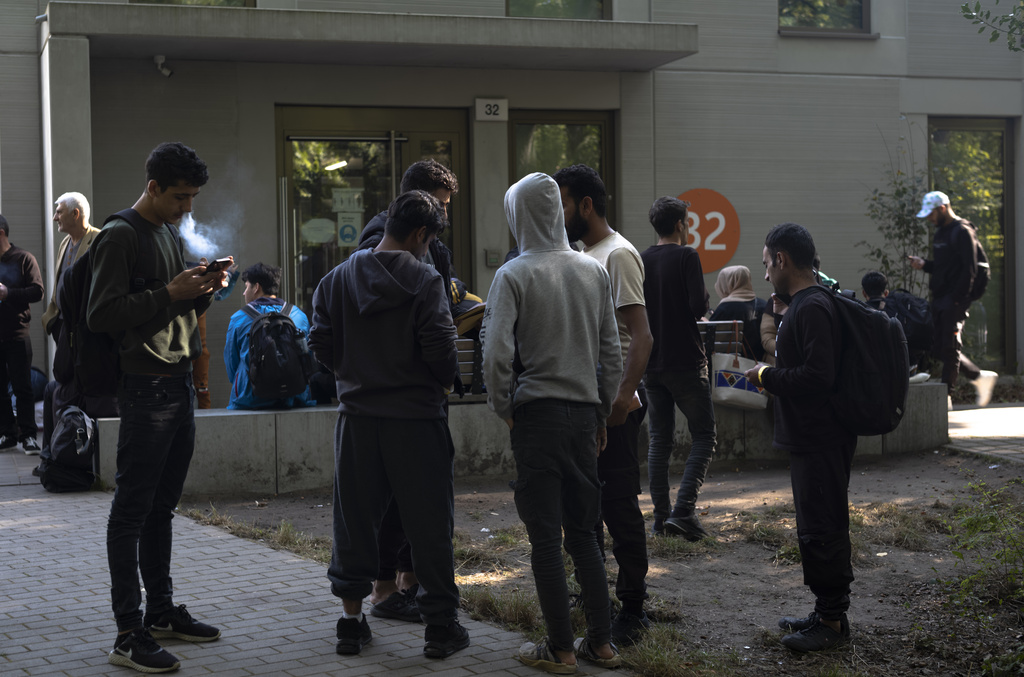Naturalizations in Berlin have surged dramatically in 2024, more than tripling compared to last year, driven by the liberalization of German naturalization laws.
In the first eight months of this year, 28,716 foreign nationals in the city applied for German citizenship. This sharp rise is linked to a nationwide reform of the citizenship law, which now allows naturalization after just five years of residence in Germany, instead of the previous eight. In some cases, foreigners can apply after just three years.
In 2023, there were 18,018 applications across Berlin’s local authority although only 9,041 naturalizations were carried out.
The new law has also led to a plunge in rejection rates. So far this year, only 17 applications have been rejected in the German capital, a significant drop from the 229 rejections recorded last year.
Unlike last year when the origins of applicants were recorded, the Alternative for Germany (AfD) party that requested the 2024 data was advised that this information was not statistically recorded for this year, according to the Berliner Zeitung.
Of the 9,041 naturalization last year, the most common country of origin for applicants was Syria (2,468) followed by Turkey (618) and Iran (353). Just 2,820 applications came from EU nationals.
The increase in naturalization applications was preempted by the opening of a new central processing office in Wedding which now handles all applications previously administered by individual districts.
The new office employs 124 workers, up from a previous 82 with a further 59 positions still vacant to meet demand.
Unlike other EU member states like Sweden which are now introducing policies to entice migrants to return home — even those with citizenship — Germany remains committed to importing a new labor force to revive its dwindling economy, a move recently endorsed once again by Chancellor Olaf Scholz in which he reiterated the need for mass immigration despite the latest electoral successes for anti-immigration parties like the AfD.






